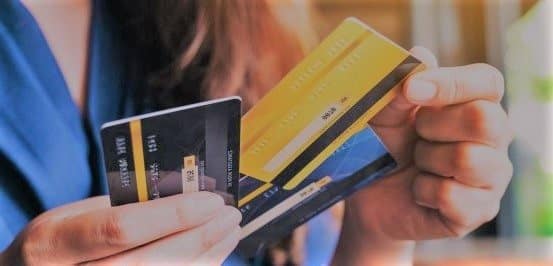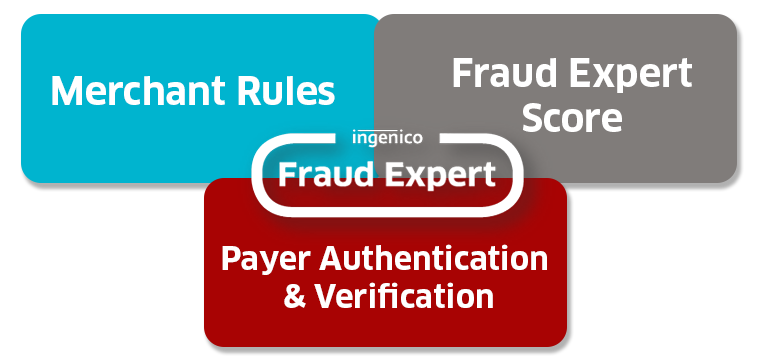Recommended News To Selecting Credit Card Apps
Wiki Article
What Constitutes A "Suspicious" Behaviour And How Can It Cause The Removal Of Credit Cards?
Certain behaviors or actions could raise red flags, and may result in the credit card being flagged by the bank or the card issuer. Examples of suspect behaviors include: Unusual Spending patterns
An abrupt increase in the amount of spending or an abrupt shift from the typical behavior of a cardholder can cause suspicion.
Unrecognized transactions
The possibility of fraud is if the account statement for the cardholder indicates transactions that are unauthorized, unfamiliar or unapproved.
Multiple Refused Transactions
Many declined or failed transactions within a short time and especially when the cardholder has a great track record of transactions, might indicate a potential issue.
Geographic Anomalies
The transactions made at locations that are away from the typical locations of spending, or transactions occurring from different geographic locations over a short period of time can be cause for suspicion.
Atypical Purchase Types
You can flag as suspicious any unusual purchases for example, high-end goods which don't fit with your spending habits.
Uncommon Online Behavior
An unusual or unexpected activity online including failed login attempts repeatedly, account modifications, or suspicious attempts to login, could suggest the possibility of unauthorized access.
Unusual Card Use
The situation where a card is used outside of its normal usage pattern, such as suddenly using it for international transactions in the past, when it's typically employed locally, may be viewed as suspicious.
Unexpected Cash Advances or Transfers
Cardholders might receive notifications if they make large advances or cash transfers that are not in line with their normal spending habits.
Frequent transactions that do not require a credit card
If you notice a sudden spike in the number of purchases you make online or by phone (with no credit card in hand) and without any previous experience, it could be reason to be concerned.
Issues with Identity Verification
Problems in verifying the cardholder's identity during transactions, particularly where additional verification is required can lead to suspicion.
The card issuer could be affected by these and other behaviors to monitor or detect fraud. They could investigate the situation or block the card until the validity or identity of the transaction can be confirmed.
What Do I Do If My Credit Card Is On The "Blacklist"?
Take the following steps when you suspect that your credit card is listed on a "blacklist" or you believe there is that there is a fraudulent activity on the card: Call your credit card issuer immediately-
Call the copyright that is printed on the back of your credit card, or go to the site of the issuer to find a dedicated fraud reporting hotline.
Inform the issuer of any concerns you have, for example the suspicion that fraud is taking place or that your credit card has been compromised.
Report Suspicious Activity-
Make sure you report any unusual or illegal transactions on your account.
Give specific information about the transaction in question with respect to dates, amounts, and merchant names when they are available.
Request Card Replacement, Blocking or Removing
You can ask the card issuer to temporarily block your card to stop future fraudulent transactions.
For continued credit access Ask about the process for replacing your card.
Review Your Account and Dispute Charges -
You may have missed some suspicious transactions or account activity if you did not review your most recent account and transaction statements.
If you discover unauthorized transactions, dispute the transactions with your credit card issuer so that they are examined and resolving.
Review Your Credit Score and Keep the Record of It
It is recommended to check in with your credit card company to make sure that all the necessary steps were taken to resolve any concerns.
Make sure to check your credit card's account often for unusual or unusual changes.
Consider placing a security freeze or fraud alert.
You may want to consider applying a security freeze or fraud alert on your credit report depending on the degree of your situation. This will prevent further fraudulent attempts and protect you against identity theft.
Notify Authorities When Required
Notifying your local police agency as well as the Federal Trade Commission is a recommended option if you suspect identity theft or fraud.
Get involved immediately to stop any further fraud or unauthorized transactions. If you report any suspicious activity as soon as it occurs and working in conjunction with the credit card issuer it is possible to minimize the risk of a loss due to fraud or misuse.

What Are The Qualifications Of Those Who Have Their Credit Cards Numbers Through An Application That Blacklists Them?
These professionals include: Fraud Analysts- trained individuals within financial institutions who are experts in identifying and investigating fraud related to credit cards. They could include: Fraud Analysts - Financial institutions have specialists who specialize in identifying fraud associated with credit card transactions and analyzing the transactions. They use specialized software and tools to find patterns, anomalies and possibly compromised card information.
Cybersecurity experts - Professionals who specialize in cybersecurity. They monitor and identify security threats, such as stolen credit card information. They focus on protecting against data breaches, analysing the data for indications of compromise, and taking security measures.
Law Enforcement Officials - Specialized units or individuals within police agencies that are able to investigate financial crimes, which includes fraud with credit cards. They have the resources and databases needed to track fraudulent transactions.
Compliance Officers- Professionals responsible to ensure that financial institutions follow the rules and laws related to financial transactions. They are also responsible in overseeing the processes used to spot and report suspicious activity related to credit card transactions.
Access to databases with credit card blacklists is tightly restricted and requires a legal authorization. For instance, being part of a formal investigation into financial crimes or being granted specific permissions by authorized authorities are a few examples.
Teams and professionals utilize special programs, protocols, and legal procedures to check credit card numbers with blacklists. They must also adhere to strict privacy regulations and security guidelines. When dealing with concerns over the possibility of compromising credit card information It is essential to trust professionals and institutions licensed. Unauthorized attempts by individuals to gain access to blacklists of credit cards or use them could be a source of legal consequences. Check out the most popular savastan0 for site advice.
